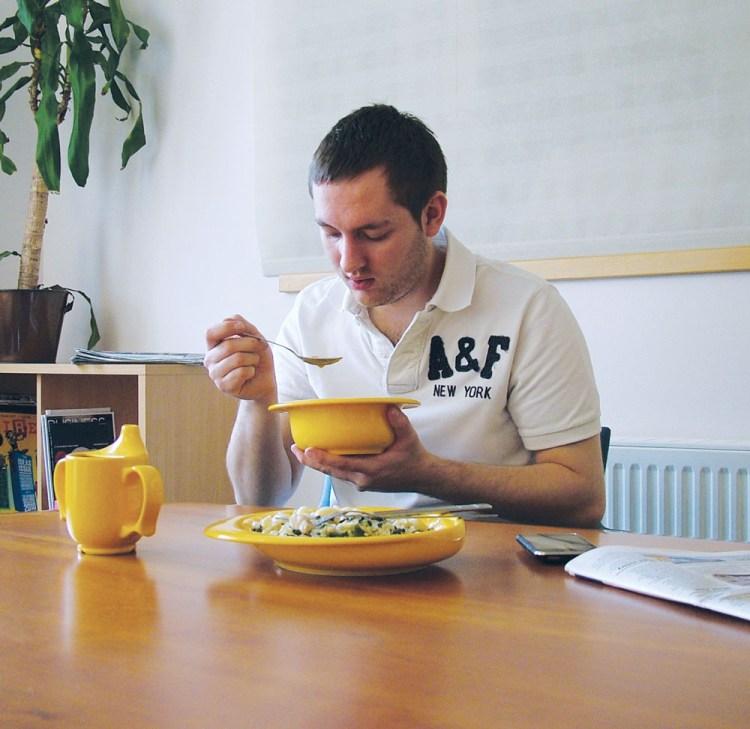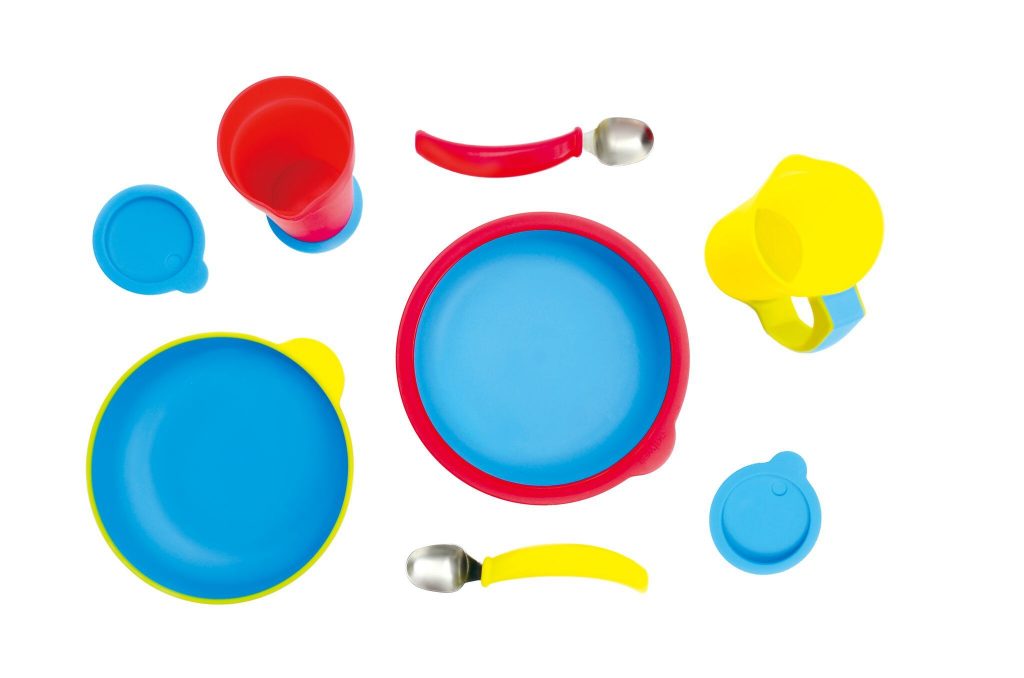
What you need to know about nutrition and cognitive disorders, including Alzheimer’s disease
Alzheimer’s disease and other types of dementia can have a significant impact on nutrition and diet. Eating well is essential for people of all ages, but much more so for older people, especially those with dementia.
Here are 6 common questions, and their answers, relating to the nutrition of people with dementia:
1. Why is it important to eat well?
Food is one of the basic needs. Preparing meals and eating are part of the activities of instrumental (iADL) and daily living (ADL) necessary to remain independent. A good diet is essential to maintain muscle mass and strength. Without sufficient intake, the body will enter a fasting mode where the muscles serve as fuel. Food is also important for the mind. Mealtime is often a time where many of us socialise with family or friends, this in turn improves one’s mental health.
2. Does dementia have an impact on appetite?
The short answer is, yes. Some dementias, such as frontotemporal dementia (a behavioral variant), display characteristics that increase the craving for sweeter foods in larger volumes. A loss of smell and taste is present in people with Lewy body dementia and Parkinson’s disease. In Alzheimer’s disease, the appetite does not change significantly except when the disease is very advanced. However, preparing and eating meals can become more difficult due to the cognitive impairment itself.
3. What are the consequences of cognitive disorders on the preparation and consumption of meals?
Dementias affect people’s ability to organize their meals. This is, for some, the first sign of a memory problem. As dementia progresses, it may become more difficult for the person to manage their groceries and cook complicated recipes. The ability to cook may gradually decline to the point where using a stove or microwave to reheat food can be hazardous. The affected person may also forget to eat all three meals. With advanced dementia, the ability to feed yourself (even if the food has been completely prepared) may be affected.
4. When should you worry about feeding a loved one?
Sometimes we all forget foods that then become stale. However, if you find large amounts of stale food in your loved one’s refrigerator, you need to ask yourself questions. At the other extreme, if the fridge always stays empty on every visit or if it never empties, that could be another sign. Another clue: your loved one eats with great delight when you bring them food but does not seem to eat the rest of the time.
Remember especially that if your loved one loses weight (5-10% of their usual weight in a few months), you must try to understand if it is because they eat less, and if so, why? You should also talk to a health care professional as weight loss could be caused by other illnesses (such as diabetes, abdominal issues, etc.).
5. Are there protective foods for Alzheimer’s? Food supplements or special diet?
No. No scientific study has identified that a specific food, supplement, or diet, protects against Alzheimer’s disease or other dementias. However, a varied and balanced diet as suggested by Canada’s Food Guide is associated with contributing towards a better cardiovascular system and therefore better general health, which in turn is beneficial for the brain.
6. What happens when the dementia is very advanced?
In severe dementia, difficulty swallowing (also called dysphagia) may set in. Some textures, such as foods that require a lot of chewing, are less appreciated by people with the condition. You should also know that dysphagia in advanced cognitive impairment is associated with risks of aspiration (a portion of food can end up in the respiratory tract) and therefore aspiration pneumonia. It is therefore important to pay attention to it and take your time during meals.
If you want to know more about nutrition and Alzheimer’s, we invite you to read our other articles on the subject:
Tips to help someone with Alzheimer at meal time
We also suggest that you talk to your loved one’s health professionals: eating well is essential, whether you have a cognitive disorder or not.








